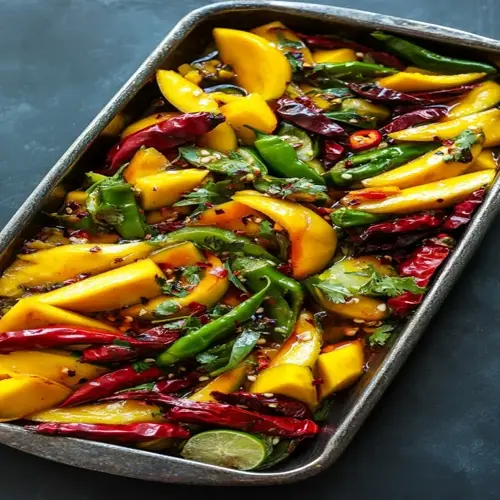Can supplements replace liver-supportive foods?

Written by
Stella Nilsson
Reviewed by
Prof. Benjamin Murphy, Ph.D.Complete liver support foods offer complex nutrient matrices that cannot be substituted with dietary supplements. Berries, for example, provide anthocyanins, fiber, and vitamins that function together. Supplements may provide anthocyanins, but they are isolated compounds, missing the synergy that whole foods offer, and are necessary for liver repair.
A significant proportion of supplements that claim to support the liver are unscientifically validated and poorly regulated. Many contain contaminants or incorrect dosages, according to studies. Some foods, such as fatty fish, include what is recognized as important, omega-3 fatty acids, but without the unfortunate results brought about by these destructive agents. The nutrients are naturally obtained through food as a result of the body's biological processes.
Bioactive Compounds
- Food Source: Garlic provides allicin + allyl sulfides
- Supplement Gap: Isolated compounds lack co-factors
- Benefit: Natural combinations enhance detox pathways
Absorption
- Food Source: Broccoli's sulforaphane with myrosinase enzyme
- Supplement Gap: Many lack necessary enzymes for activation
- Benefit: Complete nutrient packages optimize bioavailability
Safety
- Food Source: Coffee's antioxidants naturally balanced
- Supplement Gap: Risk of contaminants and interactions
- Benefit: No overdose risk with whole food sources
Cost Effectiveness
- Food Source: Seasonal berries provide multiple nutrients
- Supplement Gap: High prices for uncertain benefits
- Benefit: Nutritious and budget-friendly daily choices
Prioritize nutrient-dense foods over pills. Salmon is a great option since it provides EPA and DHA, as well as selenium, which work in concert. Coffee, on the other hand, offers chlorogenic acid along with magnesium. These combinations are more effective than supplements with only one ingredient in terms of supporting liver regeneration.
Select foods that provide liver support, then choose one fatty fish meal two times a week. Add some cruciferous vegetables to at least two of your meals. Enjoy berries as snacks. These foods contribute solid nutrition that supports your liver's natural healing ability.
Use supplements only to complement a food-first strategy. Use supplements prescribed by a doctor to address specific nutritional deficiencies. Whole foods should always be the first choice to supply the unique dietary requirements of your liver for optimal function.
Read the full article: Top Liver Support Foods for Better Health

